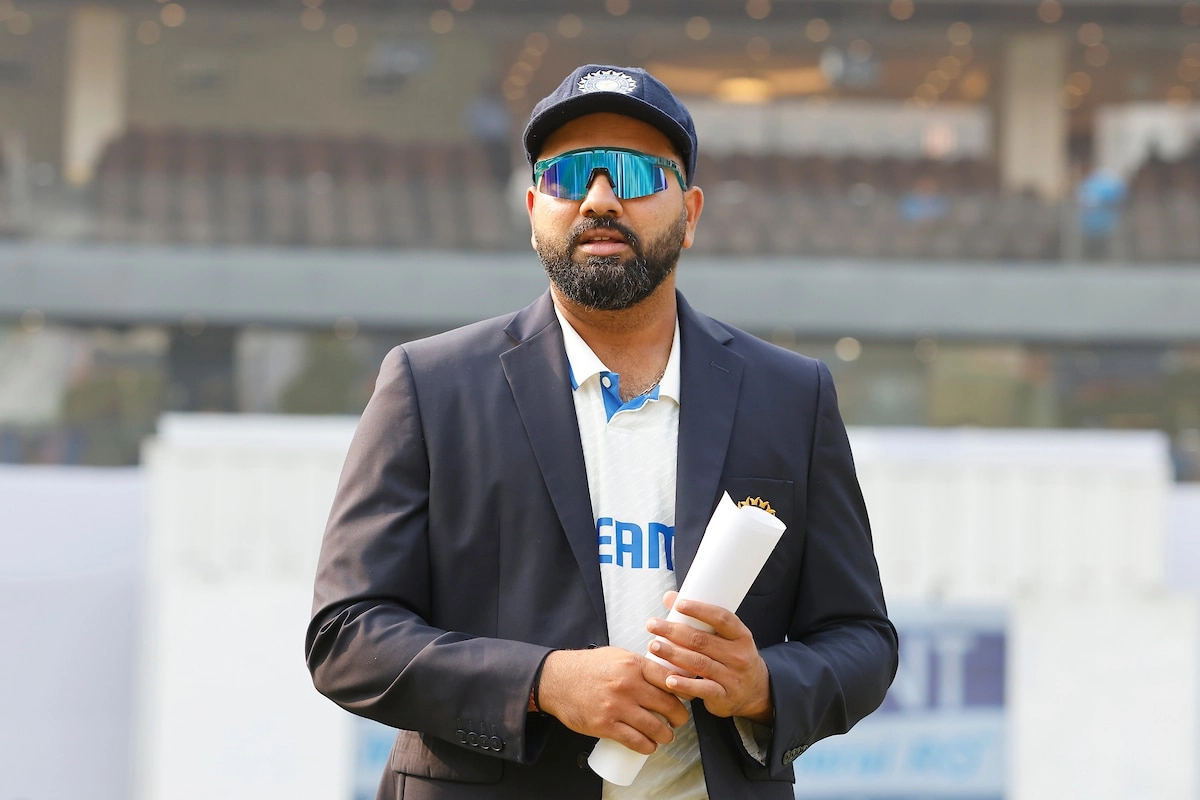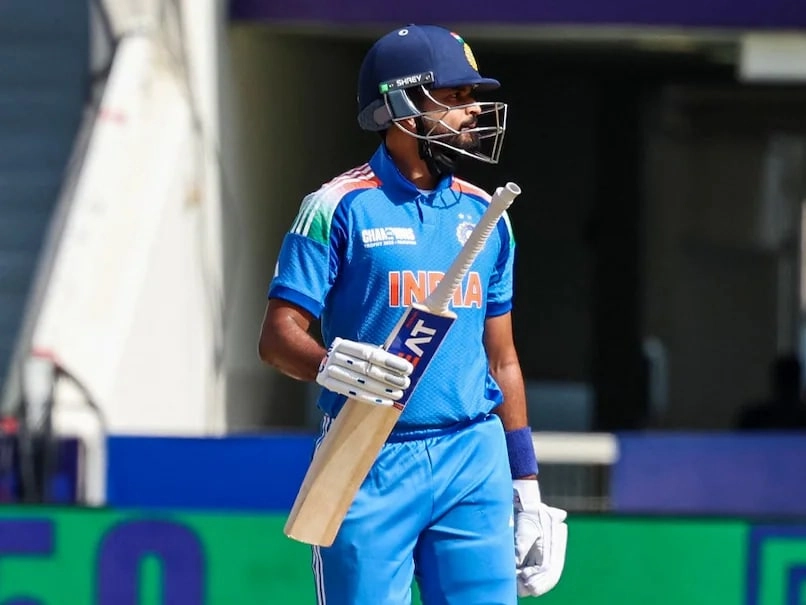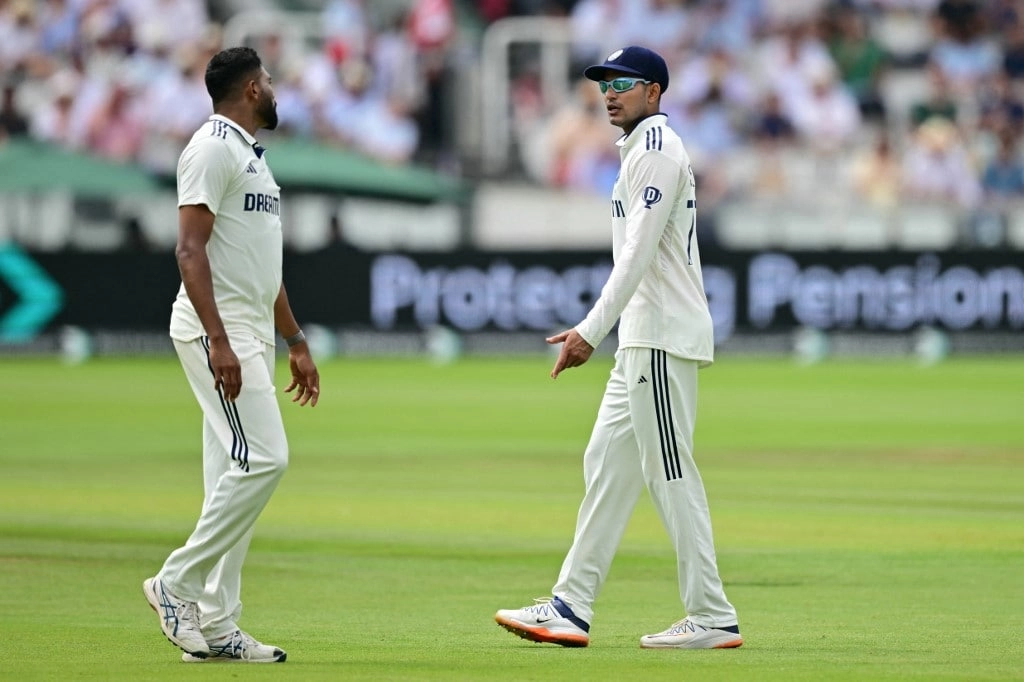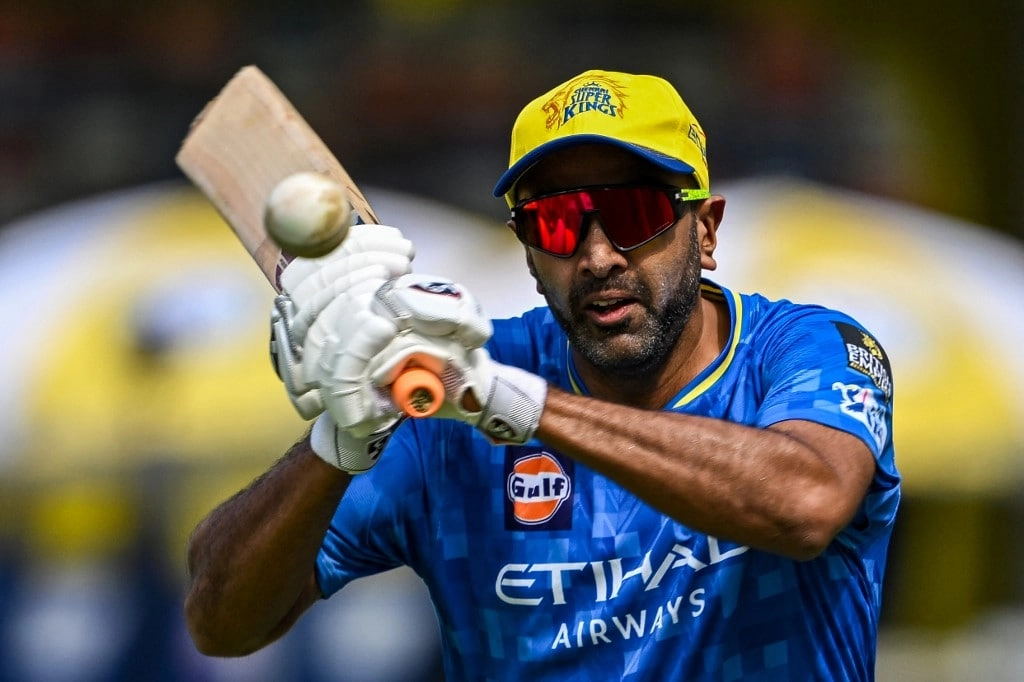In a recent report, it has emerged that the Board of Control for Cricket in India (BCCI) turned down a proposal reminiscent of MS Dhoni’s leadership style, which may have played a significant role in Rohit Sharma’s decision to retire from international cricket. The proposal reportedly aimed to create a framework that would allow senior players to have more influence over team selection and management, akin to the approach taken by former captain MS Dhoni during his tenure. Dhoni was known for his unique ability to blend player dynamics and team strategy, often making decisions that prioritized the overall well-being of the team while balancing individual performances.
Rohit Sharma, a seasoned player and former captain himself, has been a pivotal figure in Indian cricket, steering the team through various challenges and triumphs. His immense contributions to the game have been widely recognized, and he has often been compared to legends like Dhoni. However, the rejection of a proposal that could have empowered him and other senior players may have left Sharma feeling undervalued or sidelined in the decision-making process of the national team. This sense of disillusionment could have contributed to his contemplation of retirement, as he may have felt that his vision for the team and leadership style was not in alignment with the current administration’s approach.
The dynamics within the BCCI and how they manage their cricketing stars have come under scrutiny, particularly in light of this development. Players often thrive in environments where they feel heard and valued, and the BCCI’s decision to dismiss a proposal that aligned with a successful model from the past raises questions about their strategic direction. It also highlights the ongoing tension between administrative decisions and player autonomy, a crucial aspect that can significantly impact team morale and performance.
Rohit Sharma’s potential retirement could mark the end of an era for Indian cricket, as he has been a central figure in the team for many years, leading them to numerous victories and enhancing their global stature. The implications of such a decision extend beyond individual careers, potentially affecting team dynamics and the future of Indian cricket. As fans and analysts reflect on this situation, it becomes evident that the relationship between players and the governing body is essential for fostering a successful cricketing environment. The BCCI must consider the perspectives of its players to ensure that the team remains competitive on the international stage, while also respecting the legacy of past leaders like MS Dhoni.




